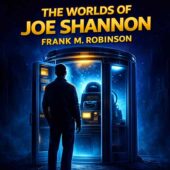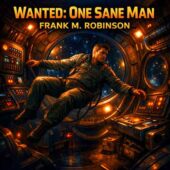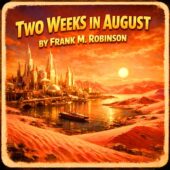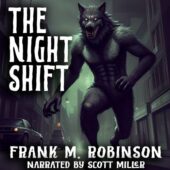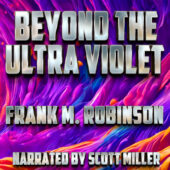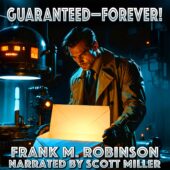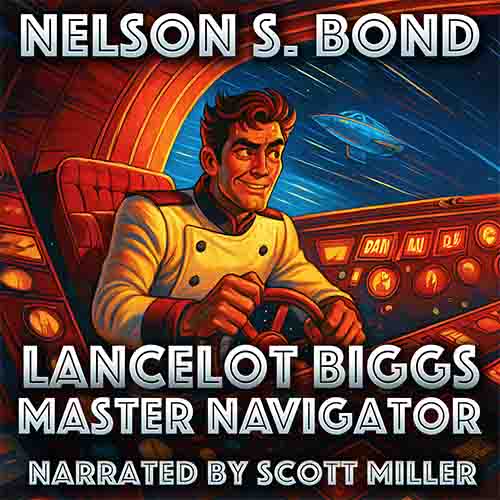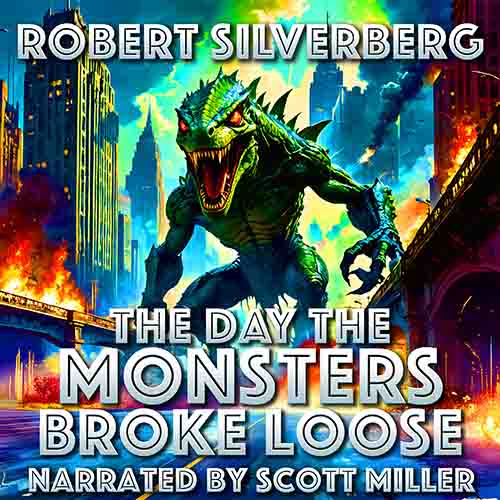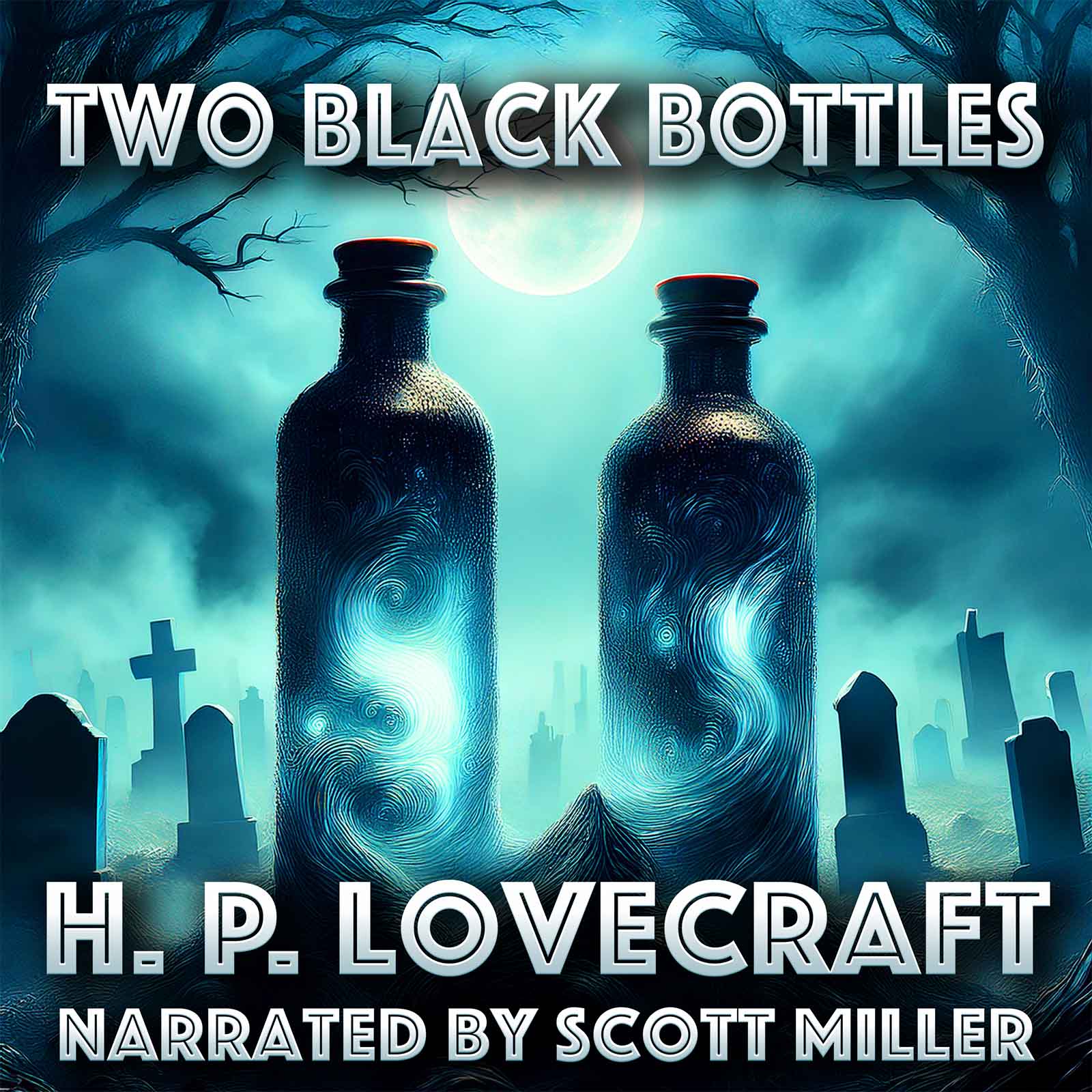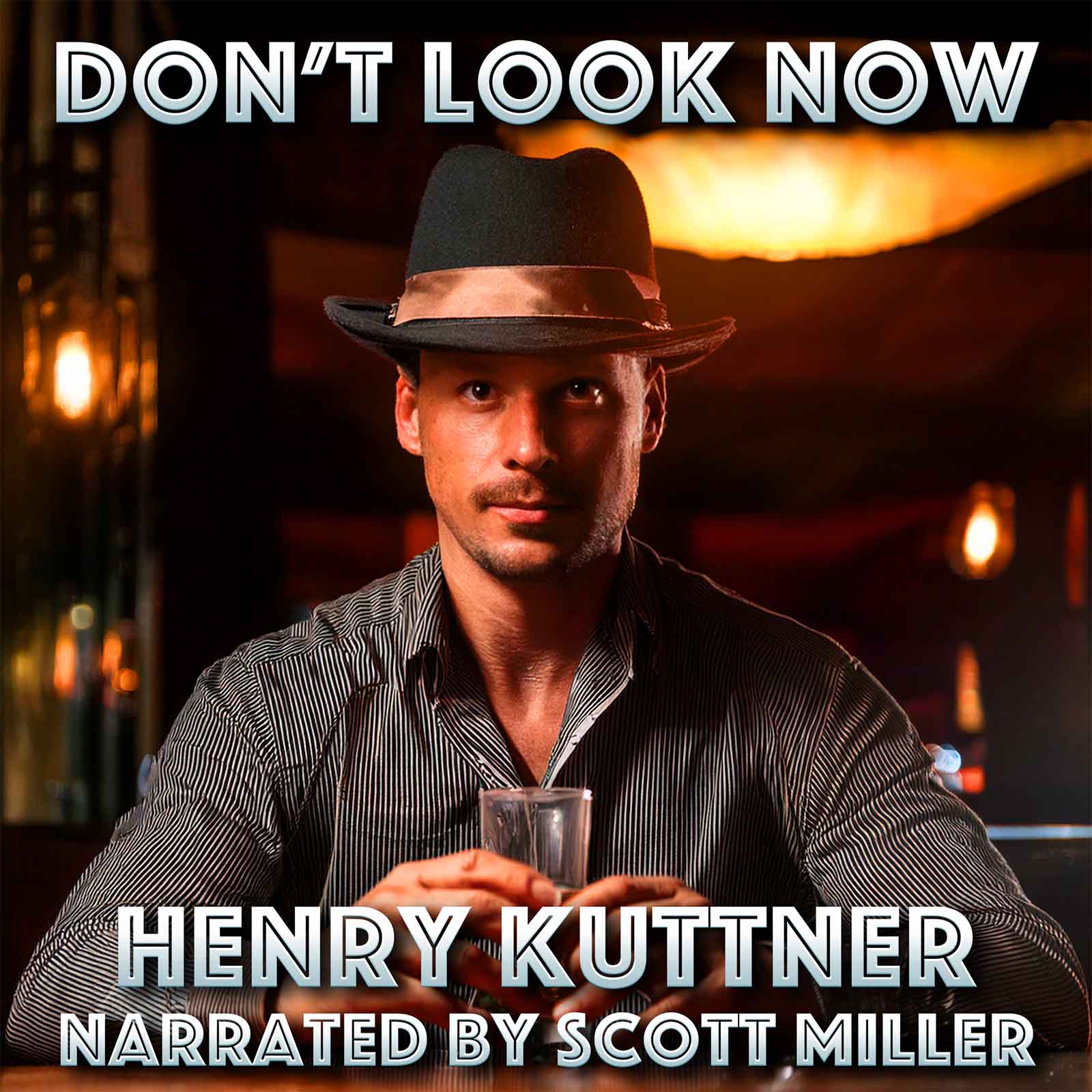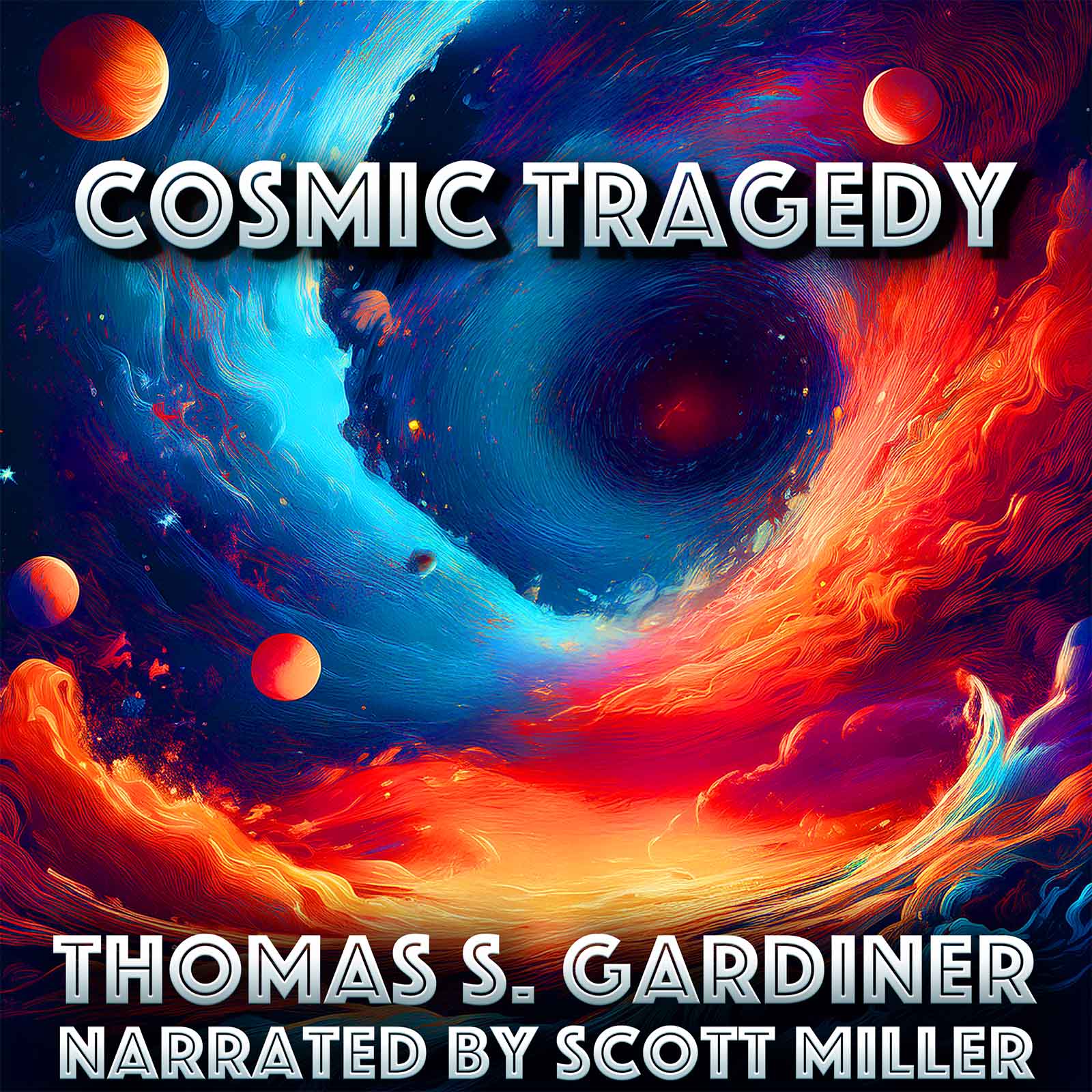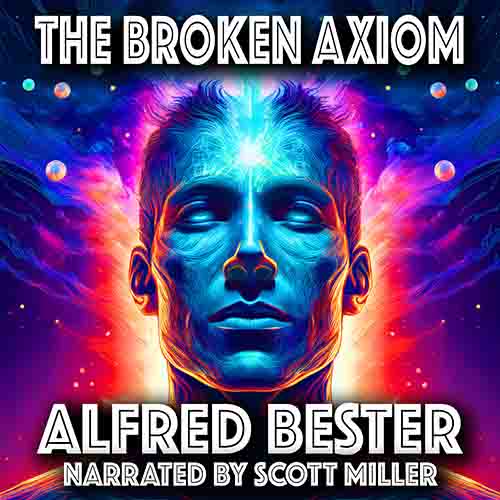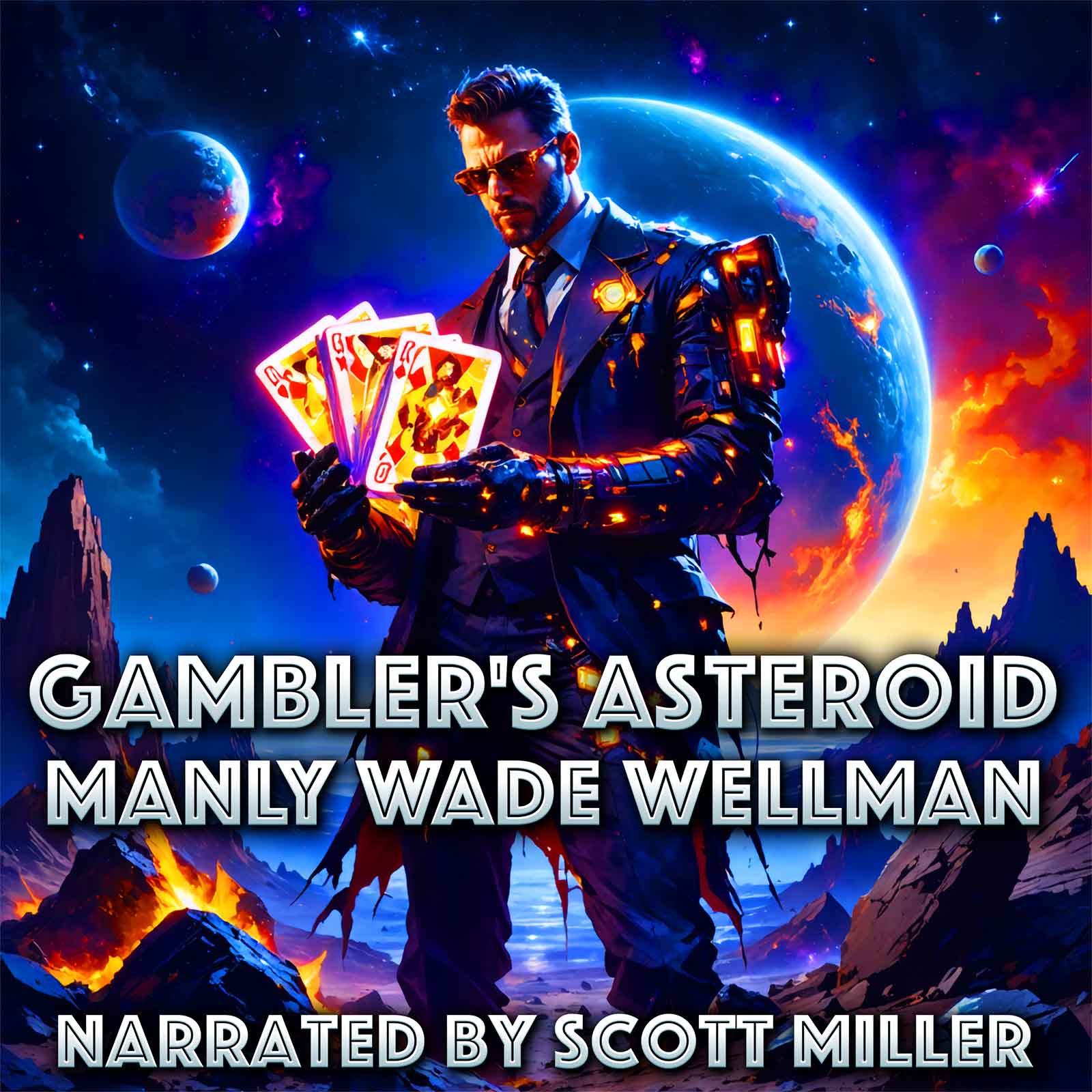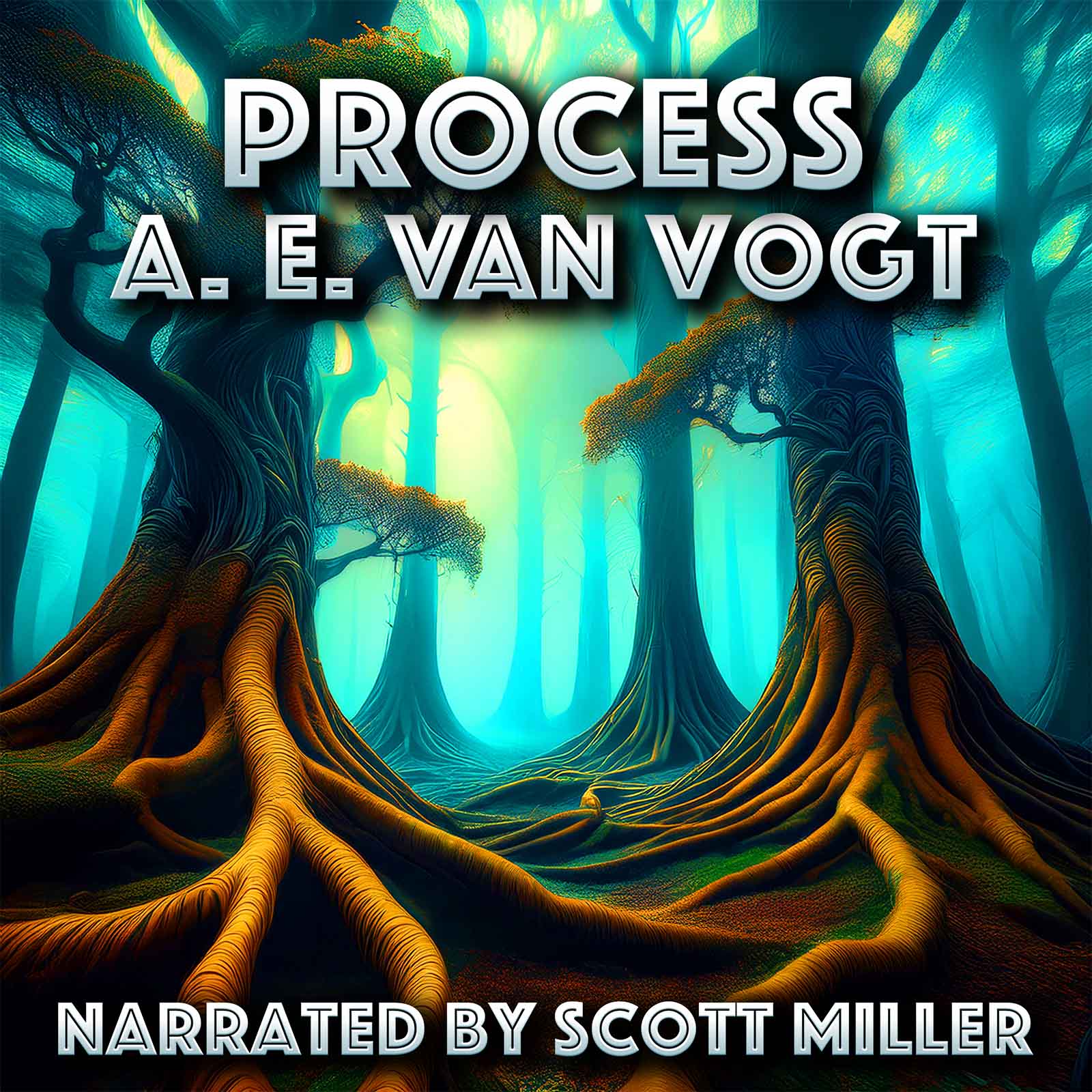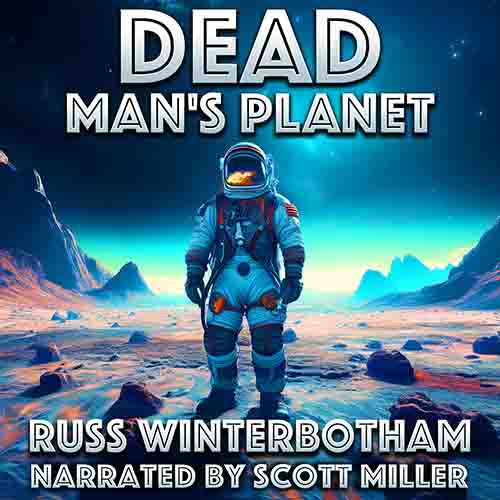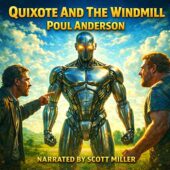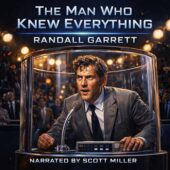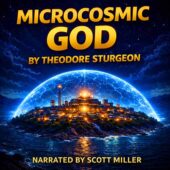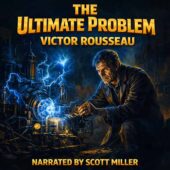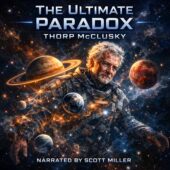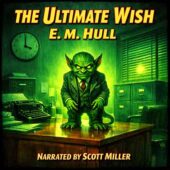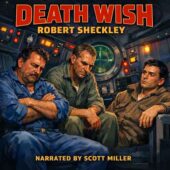Frank M. Robinson
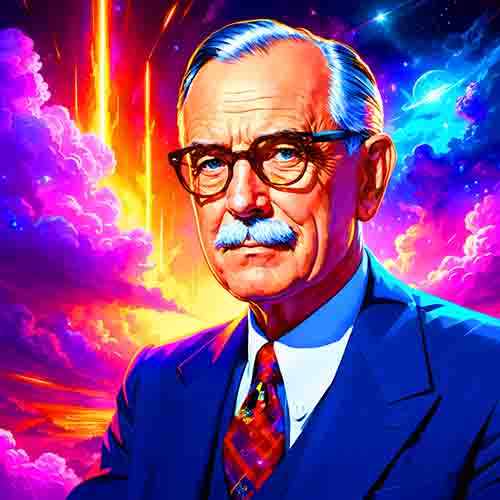
Biography
Frank M. Robinson (1926–2014) was an American science fiction author, editor, and journalist whose career spanned more than half a century. Known for his sharp, accessible storytelling and his skill in blending speculative ideas with social commentary, Robinson left his mark not only through memorable novels and short stories but also through his work in mainstream magazines and his behind-the-scenes role in American politics. Though sometimes less celebrated than contemporaries such as Isaac Asimov or Robert Heinlein, Robinson carved out a distinct place in the genre as both a craftsman and innovator.
Born in Chicago, Illinois, Robinson served in the U.S. Navy during World War II and later in the Coast Guard. After the war, he studied physics at Beloit College in Wisconsin and earned a degree in journalism from Northwestern University. That dual background in science and writing shaped his career: he had the technical grounding to bring plausibility to his speculative fiction, and the journalistic training to write with clarity and precision.
Robinson began publishing science fiction stories in the late 1940s, his early work appearing in Astounding Science Fiction and Galaxy. His first major novel, The Power (1956), told the story of a man discovering that a fellow human possessed telepathic powers, and the paranoia and suspicion that followed. The novel, later adapted into a 1968 MGM film, reflected Robinson’s talent for combining fast-paced storytelling with an exploration of human psychology and fear.
In the 1970s, Robinson collaborated with Thomas N. Scortia on several bestselling thrillers. The most famous of these, The Glass Inferno (1974), was combined with Richard Martin Stern’s novel The Tower to inspire the blockbuster film The Towering Inferno. Robinson and Scortia continued their partnership with works like The Prometheus Crisis (1975), a techno-thriller about nuclear energy and political corruption. These novels showcased Robinson’s ability to translate speculative and scientific anxieties into gripping, mainstream narratives that reached audiences well beyond traditional science fiction readers.
Robinson’s standalone novels also pushed the boundaries of speculative fiction. The Dark Beyond the Stars (1991), one of his most acclaimed works, is a thoughtful generation-ship novel about immortality, memory, and humanity’s endless search for knowledge. With its lyrical prose and philosophical weight, the novel earned him comparisons to writers like Arthur C. Clarke and remains a landmark of late 20th-century science fiction. His final novel, Waiting (2000), explored themes of alien contact and human destiny, further underscoring his lifelong interest in humanity’s place in the cosmos.
In addition to his fiction, Robinson had a long career as a journalist and editor. He worked at magazines such as Playboy and Cavalier, where he honed his ability to write clean, engaging prose for wide audiences. His nonfiction included books on politics, sexuality, and popular culture, often with a keen sense of wit. He also contributed essays and introductions that helped contextualize science fiction’s evolution across the decades.
Robinson’s personal life was equally significant. He was openly gay at a time when few in the science fiction field were public about their sexuality, and he became a quiet but influential advocate for LGBTQ+ visibility. In the late 1970s, he moved to San Francisco, where he worked as a speechwriter for Harvey Milk, the pioneering gay rights leader and city supervisor. Robinson’s association with Milk connected him directly to one of the most important civil rights struggles of the 20th century, and he remained a respected figure in both the science fiction and LGBTQ+ communities. His memoir, Not So Good a Gay Man (2017), published posthumously, candidly reflected on his life as a writer, his experiences in publishing, and his identity as a gay man in mid-century America.
Though never as prolific as some of his contemporaries, Robinson’s work was marked by consistent quality and an interest in ideas that mattered—power, survival, technology, and social justice. His fiction balanced action and entertainment with deeper themes, while his nonfiction and activism revealed a writer engaged with the world beyond the page.
Over the course of his career, Robinson received recognition both inside and outside the science fiction field. He was awarded the Cordwainer Smith Rediscovery Award in 2000, honoring his overlooked contributions to speculative fiction, and his works continue to be cited as influential touchstones by later generations of writers.
Frank M. Robinson died in 2014 at the age of 87. His life and career reflected the many ways a writer could engage with science fiction—not only by imagining the future but also by grappling with the social and political realities of the present. He was a craftsman of taut, thoughtful stories, a journalist who brought science and culture to a mass audience, and an activist who lived through and contributed to moments of historic change.
His legacy lies in his versatility and his humanity: whether through the paranoia of The Power, the blockbuster thrills of The Glass Inferno, the philosophical sweep of The Dark Beyond the Stars, or his advocacy for civil rights, Robinson consistently demonstrated that science fiction could entertain while also illuminating the challenges, fears, and hopes of his era.
